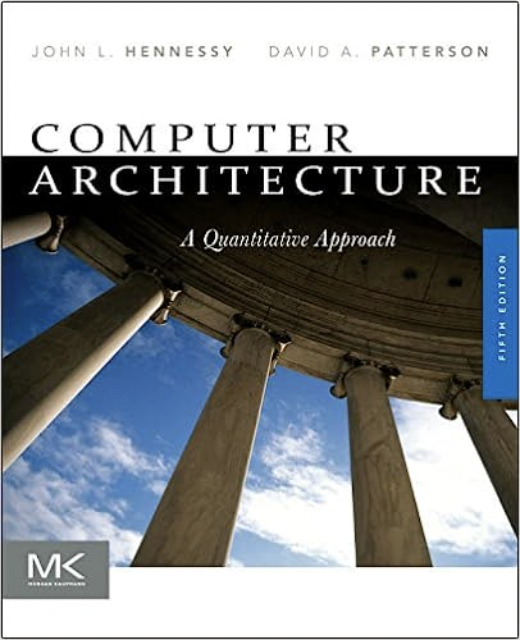Episode 195: John Hennessy
Creating Curriculum for Leaders in Training
For a podcast called unSILOed, you really can’t think of a more perfect guest than John Hennessy. From being a founder of a company, to a scholar, to a book author and an administrator, John has straddled many a silo in his career.
John Hennessy is an American computer scientist, academician and businessman who serves as Chairman of Alphabet Inc. Hennessy is one of the founders of MIPS Computer Systems Inc. as well as Atheros and served as the tenth President of Stanford University. A pioneer in computer architecture, Hennessy joined Stanford’s faculty in 1977 as an assistant professor of electrical engineering.
John joins Greg this episode to discuss his multifaceted resume, including the tension between undergraduate & graduate education being in the same buildings, the secret ingredient of university research, and the challenges facing deans & administrative staff in our current cultural climate.
Episode Quotes:
John’s definition of humility
6:09: Humility was about both realizing that I was able to be successful because I stood on the shoulders of many other people who had contributed along the way, both to my education and to my opportunity to do this, but also to recognize that you're not the expert on everything and bringing in experts, people who know the field is crucial to building a team that can be successful
What academic leadership needs to learn from corporations
12:50: One of the challenges you face in academic leadership is that we do not do a particularly good job of preparing people for succession and management, and moving up the chain, unlike corporations, do a much better job in terms of preparing their leaders to take on bigger roles.
How can universities give more access to education?
49:46: Right now, we have far too many students who don't graduate college. Who start and don't graduate, not at great institutions like Berkeley or Stanford. You know, the national graduation rate for full-time students is about 55 to 60%. Well, that means you've got a lot of students who took on debt and didn't get a degree to finish it. That's a shared responsibility. It's clear that there are issues that are on the students, but it's also the institution's responsibility. And right now, we put all the burden on the student. Right? And why don't institutions have some responsibility when students default on debt?
Because most of the students who default either didn't graduate or got a degree that did not prepare them for a career. So, the institution should be taking a larger responsibility for that.
Show Links:
Recommended Resources:
Guest Profile:
Professional Profile at Stanford University







